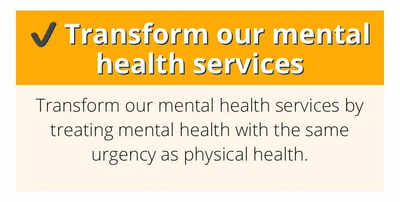Rise in depression demands urgent action

Almost one in five adults (19.2%) were likely to be experiencing some form of depression during the coronavirus (COVID-19) pandemic in June 2020; this had almost doubled from around 1 in 10 (9.7%) before the pandemic (July 2019 to March 2020) showed the ONS figures released earlier today.
"We have all seen the toll lockdown has taken. The scale and seriousness of the rise in depression over the last few months is extremely worrying.
Mental health disorders account for almost a quarter of the total burden of ill health in the UK. Poor mental health is strongly associated with social and economic circumstances, including living in poverty, low-quality work, unemployment and housing.

There is also a well-documented burden of mental health disorders following disasters, including evidence from previous viral outbreaks. This suggests that COVID-19, and the response to the pandemic, could have a significant impact on the nation's mental health through increased exposure to stressors
"Ministers must act now. The Liberal Democrats are calling on the Government to urgently develop a cross-departmental mental health plan to improve mental wellbeing for those impacted by the pandemic, including more funding and clearly-signposted support for every community.
"Whilst we can hope to get a grip on COVID-19 in the coming months, the mental health impacts will last a lifetime. We must ensure no-one slips through the net as the scale of the mental health impact of this crisis emerges."
